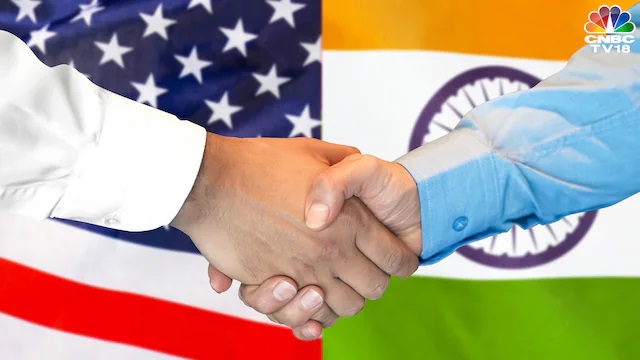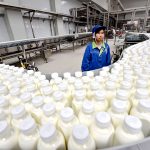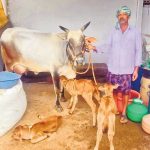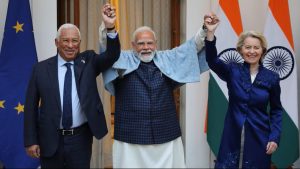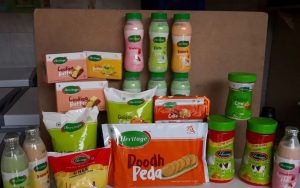
Expert Warns Against Opening Doors to US Farm Products, Citing Rural Devastation.
A compelling argument has emerged suggesting that Indian farmers may be significantly ‘better off’ if the proposed India-U.S. trade deal does not materialize. Chakri Lokapriya, CIO Equities at LGT Wealth India, posits that the unique characteristics of Indian agriculture, notably its vast vegetarian population and the prevalence of small-scale farming, make it highly vulnerable to foreign competition. This perspective is critical for agribusiness analysts observing global trade negotiations, particularly concerning their impact on developing economies.
Lokapriya highlights that India’s agricultural sector is predominantly comprised of small-scale farmers who simply cannot compete with the massive economies of scale and extensive government subsidies enjoyed by large U.S. agricultural businesses. Introducing highly subsidized U.S. farm products into the Indian market could, according to this analysis, lead to catastrophic consequences for the livelihoods of over 60% of India’s population who reside in rural areas and depend on agriculture for survival. This direct threat to rural livelihoods is a central concern.
Furthermore, a significant cultural and dietary factor complicates the integration of U.S. dairy products into the Indian market. Lokapriya points out that U.S. dairy items frequently contain animal fat, which directly conflicts with the dietary preferences of India’s largely vegetarian population. This incompatibility adds another layer of complexity to the trade discussions, making it not just an economic issue but also one of cultural sensitivity and consumer acceptance for the international dairy community.
The expert’s assessment frames the potential trade deal, particularly concerning sensitive agricultural sectors like dairy, as a risk of economic “hara-kiri” for India. The deliberate act of foregoing such an agreement is viewed as a strategic necessity to shield millions of vulnerable farmers from the severe economic disruption that an influx of cheap, subsidized foreign products would cause. This protectionist stance is rooted in a deep concern for domestic socio-economic stability.
For the international dairy community and global food policy analysts, this perspective from LGT Wealth India offers valuable insights into the complex socio-economic considerations that underpin international trade negotiations. It underscores that while broad trade liberalization may offer benefits, it must be carefully balanced against the potential for devastating impacts on local agricultural economies, especially in countries with large populations reliant on smallholder farming.
Source: Livemint: Here’s why Indian farmers may be better off without India-US trade deal, LGT Wealth’s Lokapriya explains
You can now read the most important #news on #eDairyNews #Whatsapp channels!!!
🇮🇳 eDairy News ÍNDIA: https://whatsapp.com/channel/0029VaPidCcGpLHImBQk6x1F
